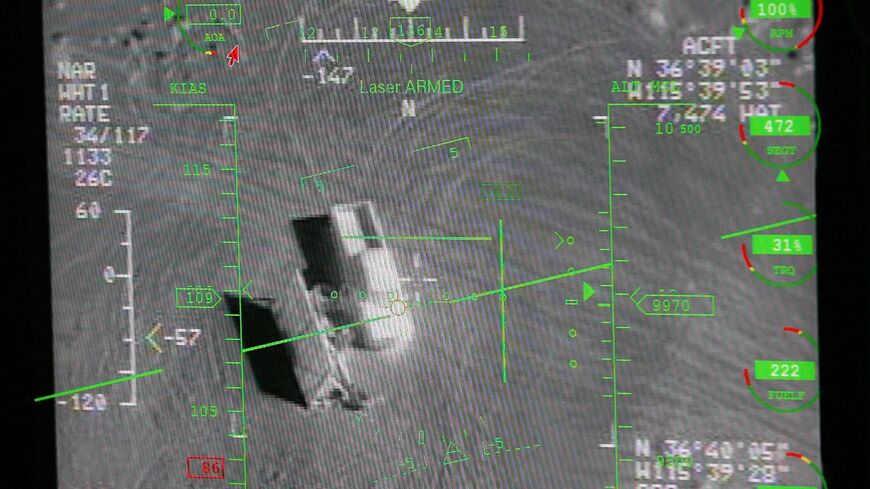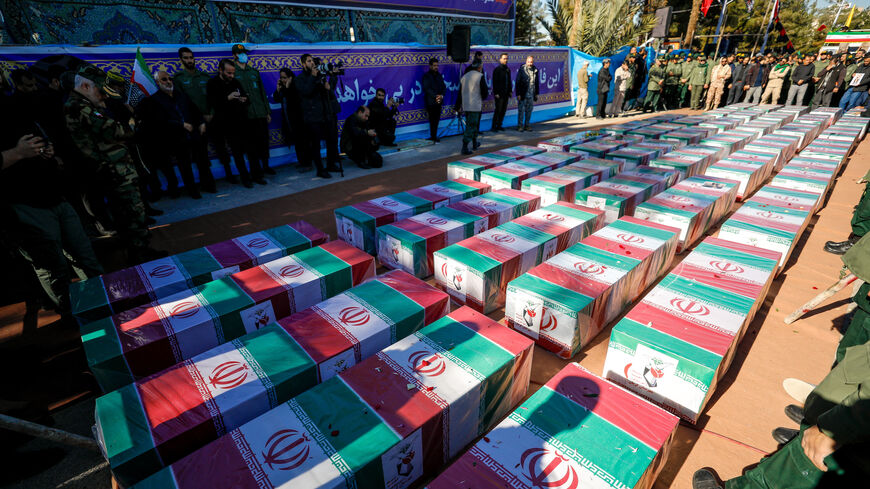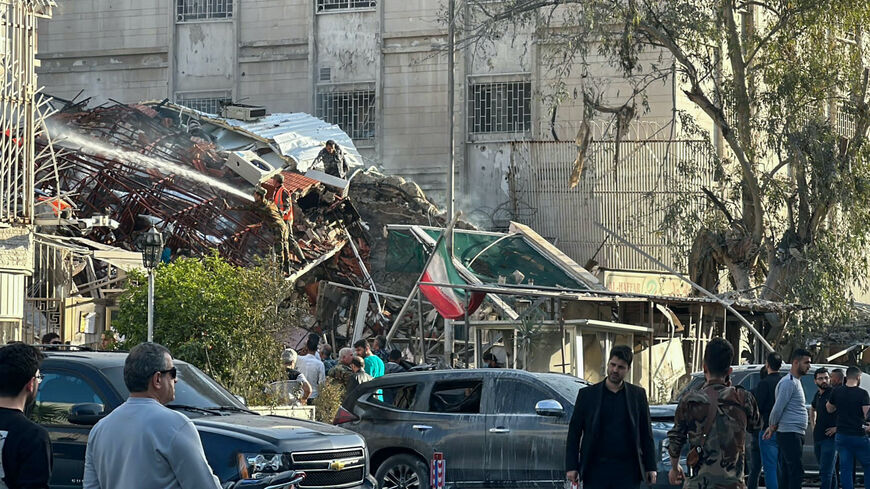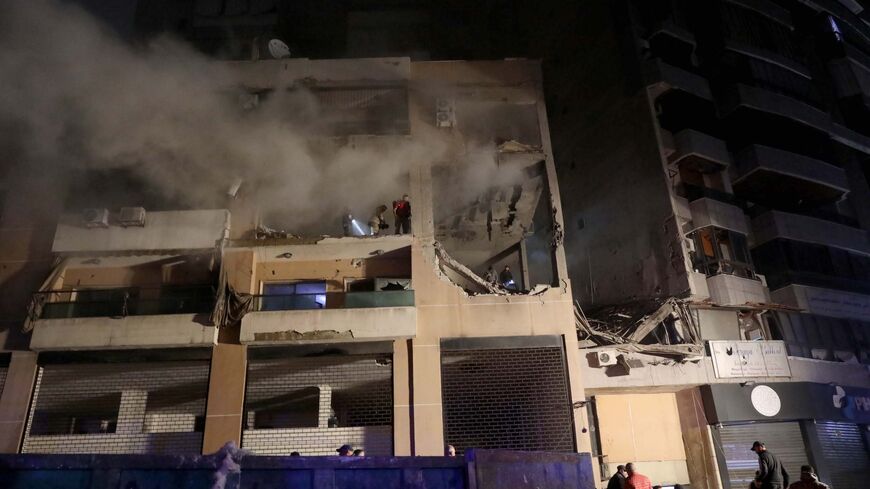'Battlefield will speak for itself', Hezbollah chief warns Israel amid retaliation fears
The region is boiling amid a series of developments that have raised fears of the Gaza war spilling into a wider regional conflict.
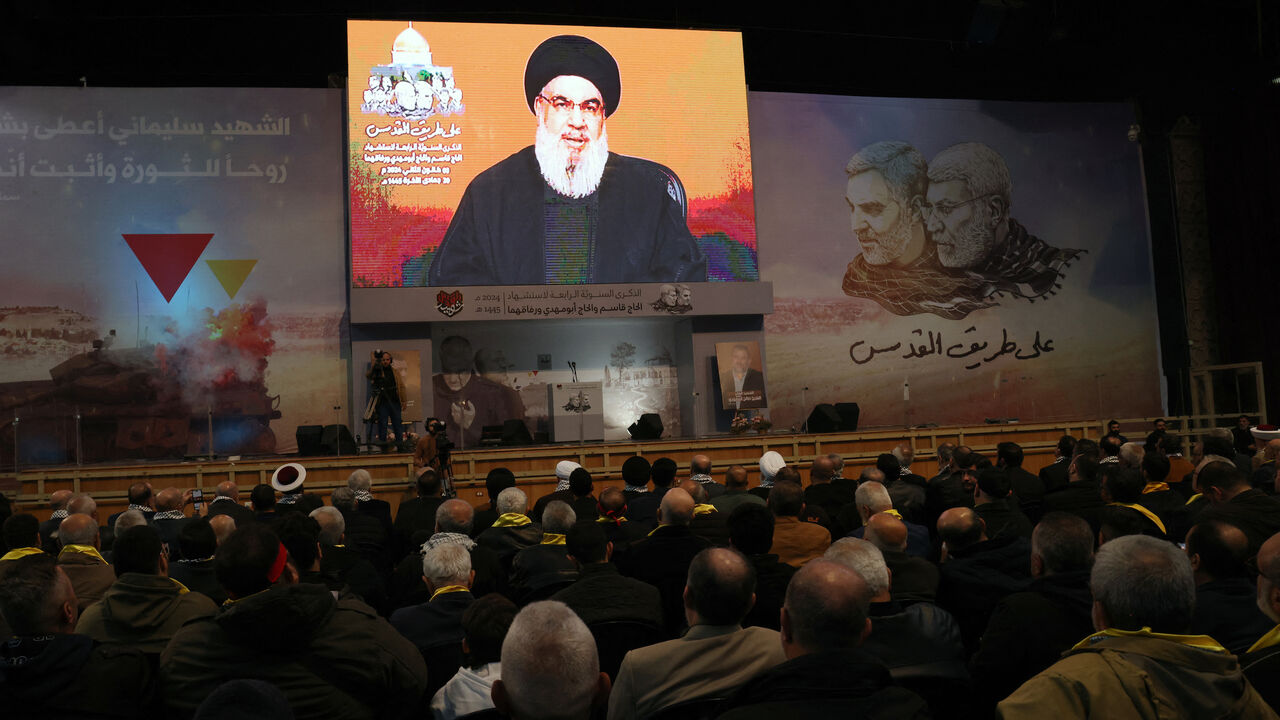
BEIRUT — The prospects of an all-out war in Lebanon seem to have been postponed after Hezbollah Secretary General Hassan Nasrallah said the response to the killing of a Hamas leader in Lebanon earlier this week depends on the developments in the battlefield.
On Tuesday, Hamas' deputy political head Saleh al-Arouri along with six other Hamas members, including two from its military wing, were killed in an apparent Israeli drone strike that hit a building where Palestinian factions were meeting in the Dahiyeh district, south of Beirut.
The attack in the heart of the militant group's stronghold has raised questions about Hezbollah’s reaction. The Iran-backed movement had been engaged in heavy fire exchanges with the Israeli army along the Lebanon-Israel border since the war in Gaza began and concerns are growing about the skirmishes expanding into a wider war.
In a Friday speech, Nasrallah described the attack that killed Arouri as “a major and serious violation,” stressing that “the response is undoubtedly coming.”
“The Dahiyeh attack will certainly not remain without a response and will not go unpunished, and the battlefield will speak for itself,” Nasrallah added. “We cannot remain silent about a violation of this seriousness because this means that all of Lebanon — its cities and figures — will become exposed.”
Nasrallah’s speech on Friday was his fourth since the Israel-Hamas war erupted on Oct. 7, and his second this week after the killing of Arouri and the killing of a senior Iraqi militia leader in Baghdad.
On Thursday, a US airstrike hit a vehicle in central Baghdad, killing Jawad Kazim al-Jawari and an associate. Jawari, also known as Abu Taqwa, was the commander of the Iran-backed Harakat al-Nujaba and the Popular Mobilization Units’ deputy head of operations in Baghdad.
The strike came amid a spate of attacks against US positions in the region, mostly claimed by Iranian-backed groups in support of Palestinians. US troops in Syria and Iraq have come under at least 120 attacks since Oct. 7. Many have been claimed by the Islamic Resistance in Iraq, a loose alliance of Iran-linked armed groups.
In Yemen, the Houthi rebels have launched a series of attacks against commercial vessels in the Red Sea and fired long-range missile and drone salvoes at Israel.
Nasrallah said these operations aim to support Gaza as well as pressure the US administration, which, he says, is scrambling to prevent the Gaza war from expanding across the region.
He further said the war in Gaza represents an opportunity for Iraq to get rid of the “US occupying forces” in the country. The Hezbollah chief accused the United States of using the Islamic State as a pretext to maintain a presence in Iraq as well as in Syria, and went as far as to say that Washington was behind the blast that killed more than 80 people in Iran’s city of Kerman on Wednesday. The attack was claimed by ISIS.
Nasrallah also commended the Houthis for their support for the Gaza Strip. “The Houthis have proved that they are not only an internal party, but rather part of the wider regional equation,” he said.
On the Lebanese front, Nasrallah praised his fighters’ operations against the Israeli army across the border from Lebanon. He said that since joining the battle in support of Gazans in October more than 90 days ago, Hezbollah has carried out over 670 operations against Israeli positions.
Despite Israel's secrecy about its casualties, “the operations have been very exhausting on the enemy,” he said.
According to Israeli authorities, nine soldiers and at least four civilians have been killed since the border hostilities began in October.
However, Nasrallah said this number is likely much higher, adding that 12,000 soldiers are believed to have been injured on both the Gazan and the Lebanese fronts, according to some Israeli sources.
At least 147 Hezbollah members have been killed in the fighting, according to figures released by the Lebanese group, alongside more than a dozen civilians.
With the fighting on the border, Hezbollah aims to push those who have fled their homes in the north of Israel to pressure the Israeli government and consequently end the war in Gaza, Nasrallah explained.



